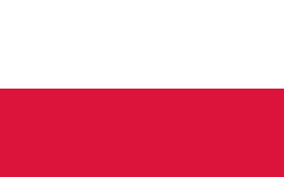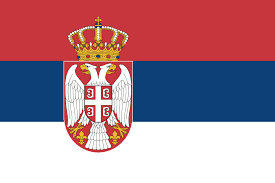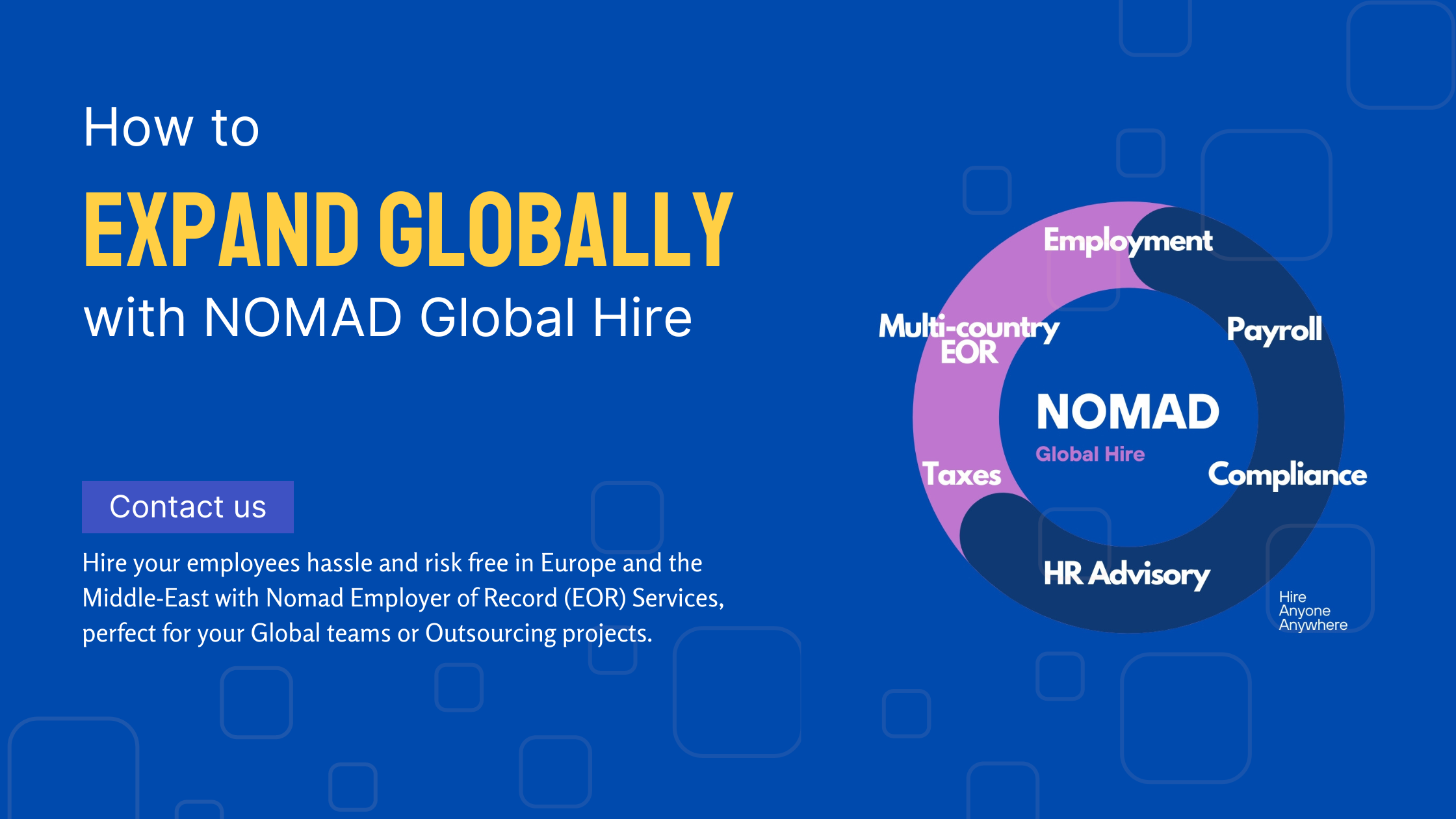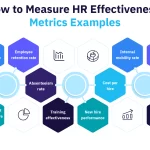Poland

Employees in Poland are entitled to expanded parental leave, carer’s leave and urgent family leave under the recent changes made on the Polish labor code.
- Parental leave is extended from 32 weeks up to 41 weeks) for a child’s birth, or 43 weeks for multiple births. Each parent can take up to nine weeks of non-transferable leave, and both parents can take leave simultaneously.
- Employees can take up to five workdays per year, with a day’s written notice, to care for a family member (son, daughter, mother, father or spouse) or a household member who requires care or support for serious medical reasons.
- To support Work-Life balance, especially for parents or employees caring for others, Employees can take up to two days (or 16 hours) of leave every year for urgent family matters arising due to illness or accident if their immediate presence is necessary. During this leave, salary is paid at half-rate.
- Also to support Work-Life balance, Employees with children younger than eight years can refuse night work, overtime work, split shifts that include a rest period of up to five hours and work in another location.
Greece

As of 1st of January 2023, the monthly remuneration cap for Social Security Contribution has increased to €7,126 up from €6,500, announced the Greek National Social Security Agency.
Hungary

The National Tax and Customs Administration announced that the minimum social security contribution for full-time employees is now 69,600 HUF in 2023, calculated on the minimum monthly basic salary of 232,000 HUF
Netherlands

The changes in the Whistle-blowing laws are being rolled out and put in place. Companies must comply and have internal reporting processes to allow employees , including contractors or self employed, to report suspected wrongdoings within the business. Companies must allow external non-employees to be able to report as well wrongdoings within their businesses.
From 2024, the 30% Rule is to change. This change in the 30% tax exemption applicable to expatriates pay in the Netherlands means that employers will have to choose annually to either apply the 30% rule to the expatriate employee’s pay, or to reimburse tax-free the actual expenses incurred by the expatriate employee during their stay in the country.
Serbia

The minimum hourly rate in Serbia for 2023 is 230 RSD.
Slovakia

The monthly minimum wage in 2023 is set to increase to 700 Euros. The hourly rate will increase to 4.023 Euros.
The minimum wage rate increases differently depending on the employees job grade.
Nigeria

The Government has launched new measures to ensure all Nigerian Citizens and residents have healthcare support. The new law requires companies to provide basic healthcare cover for vulnerable citizens who are unable to afford healthcare costs.it is estimated the measure will positively impact more than 80 million people in Nigeria. Until now, only 3% of the population has healthcare cover so a big step towards the right direction to support Nigerian Citizens.
Portugal

The retirement age is set to decrease by 3 months, setting the retirement age at 66 years and 4 months. This is due to the reduced average life expectancy in Portugal.
Romania

The new legislation will ask employers to retain employee payroll information for 5 years.
Paternity Leave in Romania has been extended from 5 to 10 working days
Saudi Arabia

From the start of 2024, the Kingdom of Saudi Arabia will cease contracting with businesses and companies which have their regional headquarters outside the Kingdom. This is to encourage foreign companies to set up regional offices and entities int he country, hence improving the local economy and employment. Nomad Global Hire can help you hire locally in Saudi Arabia and the Middle-East through Employer of Record.





